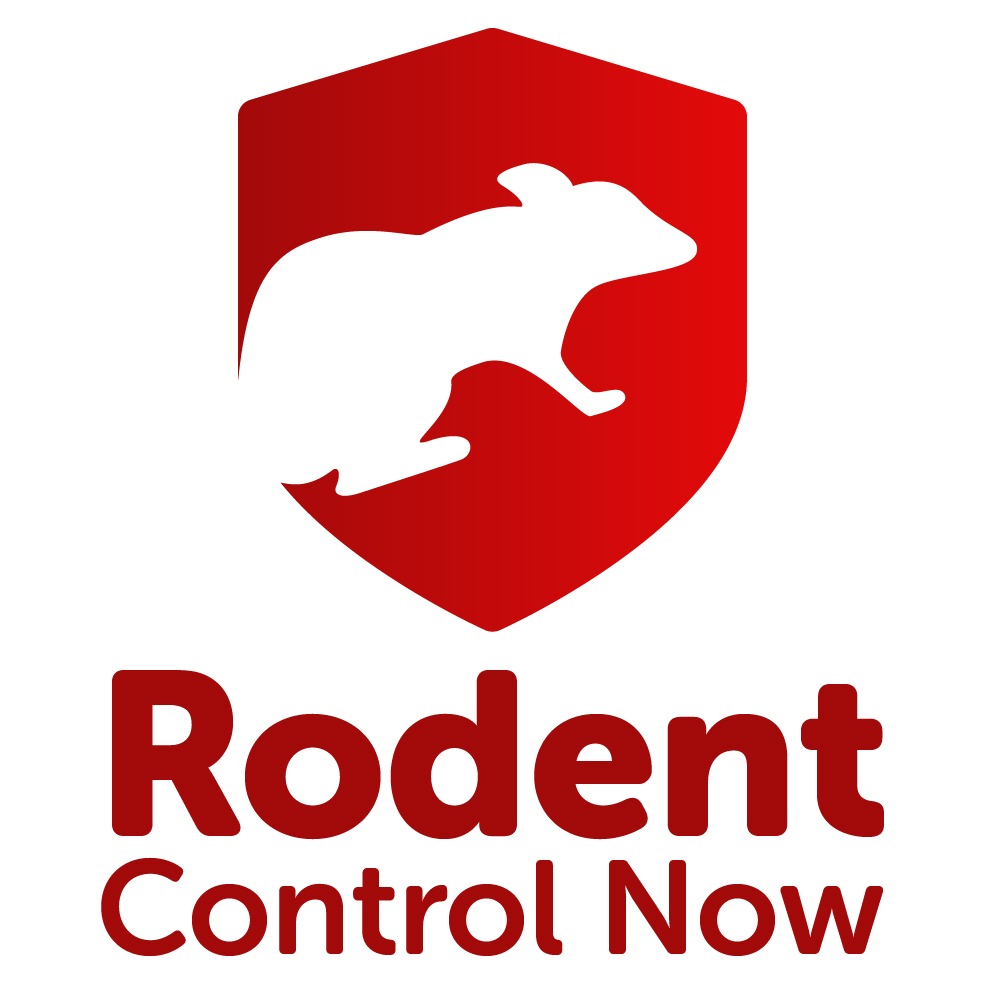Unexpected intruders can create a host of problems – from damaged wiring, droppings, and unsightly debris, to health risks and foul odor. When mice make their way into your air conditioning, they have the potential to cause serious harm to both your HVAC system and to your home’s overall health and hygiene. Indeed, keeping mice out of air ducts and HVAC systems is an essential responsibility for every homeowner. Fortunately, there are effective ways to prevent these unwelcome guests from nesting in your HVAC system. In this article, we will explore practical tips and possible preventive measures to keep these relentless rodents at bay.
Mice are attracted to living in HVAC systems due to the warmth and safety that these infrastructures provide. As the mice nest, they start gnawing on the ductwork and wiring which can lead to expensive damages or even a system breakdown. Your first step should be getting any existing infestation under control. Begin by inspecting your system for any signs of rodents. These may include scratching sounds, rodent droppings, chewed wires, and sniffing out foul odors. Once you’ve confirmed an infestation, it’s important to consider professional extermination to ensure all rodents are expelled and potential health risks are mitigated.
The next step is sealing all potential mouse entry points. Mice are able to fit through surprisingly small openings, sometimes the size of a dime. Thoroughly inspect your home for any holes or gaps and seal these off promptly using mouse-proof materials such as steel or copper mesh, silicone caulk, or metal flashing. Pay special attention to your air ducts, vent covers, and places where HVAC systems lead into your home. If necessary, consider getting a professional evaluation to ensure no mouse entry points are missed.
Another method to prevent a mice infestations is to install a flue pipe screen. A flue pipe can serve as a great entry point for rodents, but installing a flue pipe screen can help secure your HVAC system from potential invaders. Make sure the wire mesh of the screen is small enough to prevent mice from penetrating but not so tight as to restrict air flow. Make regular inspections of the screens to ensure they are still intact and functioning effectively.
Home and building sanitation play a crucial role in deterring unwanted pests. Mice are often attracted by readily available food and scattered garbage. Hence, it’s essential to maintain a clean environment to make your home less attractive to these rodents. Storing food and waste properly and keeping a clean house can go a long way in keeping mice away.
Vegetation or clutter around your external HVAC system can serve as potential hiding and nesting places for rodents. Keeping your yard clean and tidy can also deter mice. Be sure to cut back any trees or shrubs which are in close proximity to your HVAC system. Likewise, make an effort to declutter and clean your attic, basement, and other potential hiding places in your house.
Lastly, use mice repellents. There are various mice repellent products, including ultrasonic devices, sprays, and granules, available in the market that can deter mice from entering your HVAC system. These safe and chemical-free solutions can be a deterrent to rodents and can be placed around the HVAC system to keep mice away.
While these tips can help in preventing an infestation, a consistent check and maintenance of your HVAC system play key roles in keeping your system, and your home as a whole, free from harmful rodents. If you suspect that you have an existing infestation, it would be a best to seek help from pest control professionals who can thoroughly sweep and clean your HVAC systems, ensuring that any existing rodent population is eliminated and any potential entry points are thoroughly sealed off.
